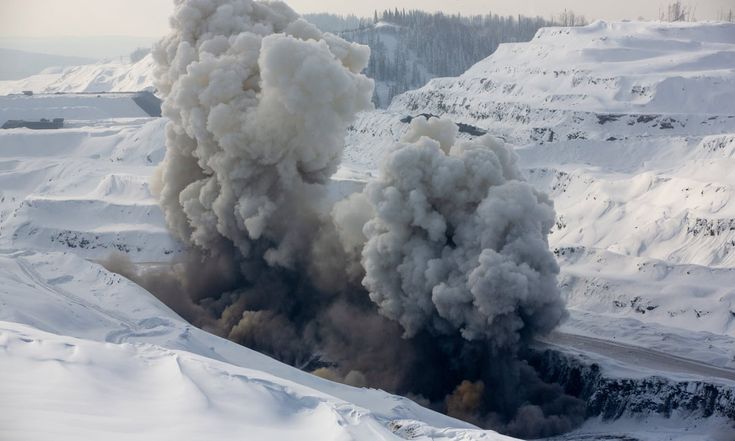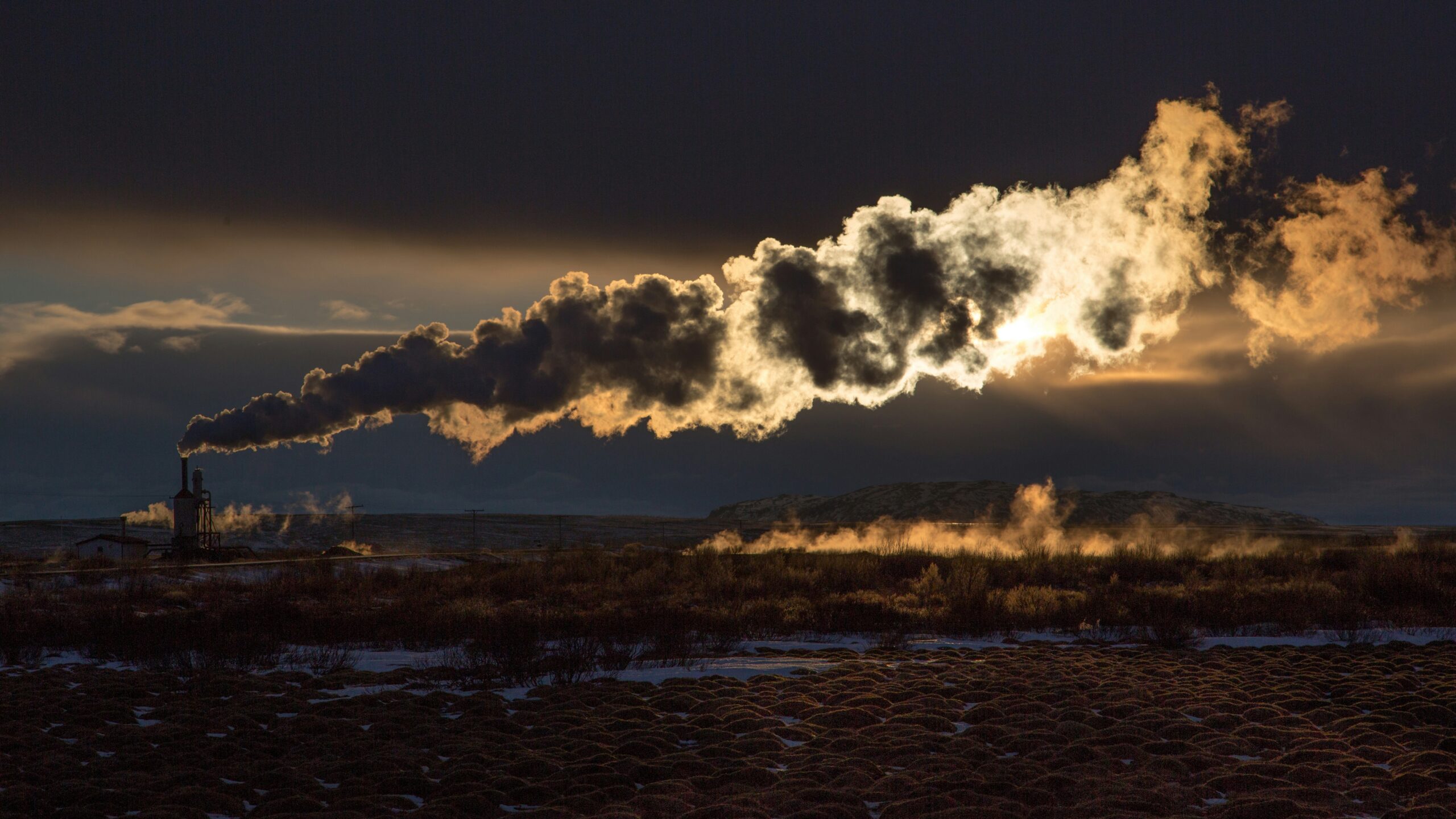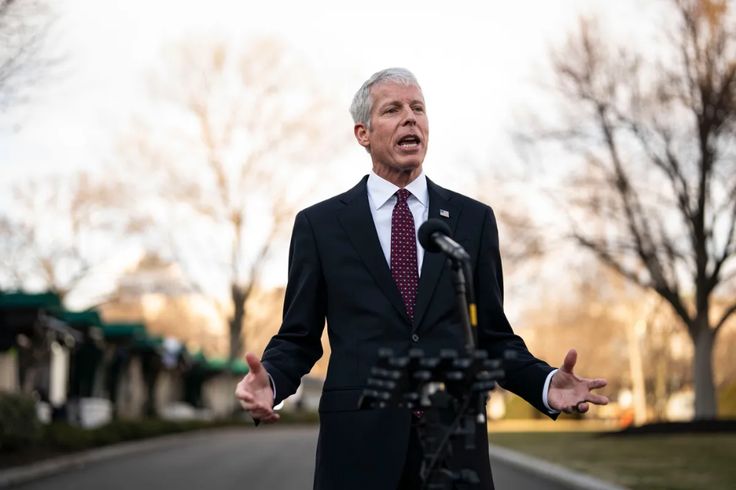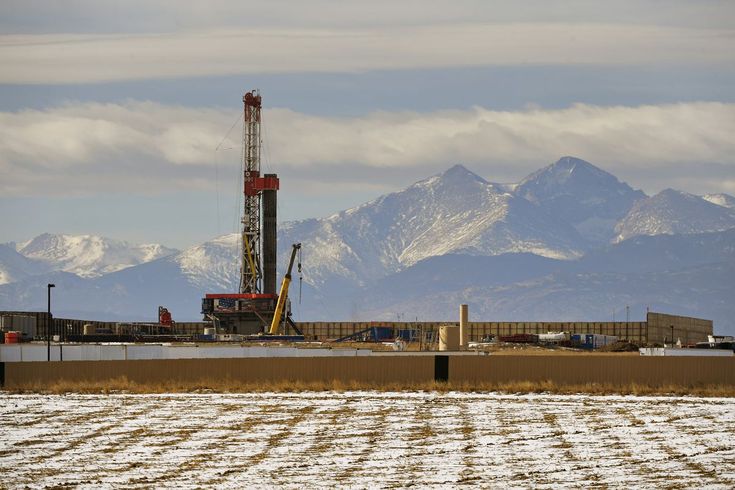Methane Leaks from Coal Boreholes in Queensland, Australia, have triggered alarm among scientists, environmental groups, and policymakers. Reports reveal that thousands of abandoned and active coal boreholes across the state may be leaking methane, a greenhouse gas far more potent than carbon dioxide.
These revelations highlight broader concerns about fossil fuel infrastructure and its hidden contributions to global warming. As Australia grapples with balancing economic reliance on coal and its climate commitments, the issue of methane emissions is rapidly becoming a flashpoint in the national energy debate.
What Are Boreholes and Why They Leak
Coal boreholes are drilled for exploration, ventilation, and extraction in mining regions. When abandoned or poorly sealed, these boreholes can act as pathways for methane trapped underground to escape into the atmosphere.
The problem with methane leaks from coal boreholes lies in methane’s potency. While methane remains in the atmosphere for a shorter time than CO₂, it traps about 80 times more heat over a 20-year period. This means even small leaks can have disproportionately large climate impacts.
Evidence from Queensland
Recent investigations, reported by The Guardian, point to widespread methane seepage in Queensland, one of Australia’s most active coal mining regions. Experts believe there may be tens of thousands of boreholes that are either unmonitored or inadequately sealed.
- Some boreholes date back decades, dug long before methane monitoring standards existed.
- Researchers using infrared cameras detected methane plumes invisible to the naked eye.
- Local communities have raised concerns about potential air quality and health impacts.
The scale of methane leaks from coal boreholes suggests that Australia’s official greenhouse gas inventory may be underestimating emissions.
The Climate Consequences
The climate implications are severe. Australia is already the world’s third-largest exporter of fossil fuels, and methane leaks further undermine its climate credentials.
- Undermining Net Zero Goals: Leaks make it harder for Australia to meet its 2030 and 2050 targets.
- Global Climate Impact: As methane spreads through the atmosphere, it contributes significantly to short-term warming.
- Carbon Accounting Gap: If unreported, these emissions distort international carbon reduction pledges.
For a country already vulnerable to extreme heat, bushfires, and droughts, the consequences of methane leaks from coal boreholes are especially alarming.
Calls for Urgent Audits
Environmental experts are urging the Queensland government to conduct comprehensive audits of boreholes across the state. Key recommendations include:
- Mapping and identifying all boreholes, active and abandoned.
- Methane monitoring using advanced infrared and satellite technology.
- Sealing and remediation programs for high-risk boreholes.
- Transparent reporting of emissions in Australia’s national climate database.
Such steps, they argue, are essential to close the gap between reported and actual emissions. Without them, methane leaks from coal boreholes will continue to undermine national and global climate goals.
Government and Industry Response
The response so far has been mixed.
- Government: Queensland officials acknowledge the issue but stress that detailed studies are needed before large-scale intervention.
- Industry: Mining companies argue that most modern boreholes are sealed, though they admit legacy sites could be problematic.
- Environmental Groups: Activists accuse both government and industry of downplaying the urgency, pointing to Australia’s heavy economic dependence on coal exports.
This tug-of-war reflects the broader challenge of reconciling Australia’s coal-driven economy with international climate responsibilities.
Methane Leaks in a Global Context
The problem of methane leaks from coal boreholes is not unique to Australia. Similar issues have been documented in:
- United States: Abandoned oil and gas wells leaking methane across states like Pennsylvania and Texas.
- China: The world’s largest coal producer faces major methane emissions from mining operations.
- Russia: Vast networks of fossil fuel infrastructure emit significant methane.
Globally, the International Energy Agency (IEA) estimates that methane emissions from fossil fuels are 70% higher than officially reported.
Technology and Innovation Solutions
There are ways to address methane leaks from coal boreholes using emerging technologies:
- Satellite monitoring: Programs like the European Space Agency’s Copernicus are tracking methane “super emitters.”
- Drone surveys: Allow targeted inspections of boreholes in remote areas.
- Plugging and sealing innovations: New materials and techniques can better cap boreholes, reducing leakage.
- Carbon credit incentives: Governments could reward companies that successfully capture or reduce methane emissions.
Harnessing technology could turn methane management from a liability into an opportunity for climate leadership.

Broader Trends in Energy Transition
The debate over methane leaks from coal boreholes intersects with broader trends in energy and climate policy:
- Shift to renewables: As solar and wind power expand, coal faces growing pressure.
- Investor scrutiny: Financial institutions are increasingly reluctant to back fossil fuel projects with hidden climate risks.
- Public pressure: Communities and activists demand accountability as the impacts of climate change intensify.
Australia stands at a crossroads: continue relying on coal while grappling with methane leakage, or accelerate its transition to cleaner energy.
Conclusion
The revelations of methane leaks from coal boreholes in Queensland underscore a hidden but urgent climate challenge. While Australia has pledged to cut emissions, its reliance on coal and lack of transparency around methane threatens to derail progress.
Experts warn that unless audits, monitoring, and remediation efforts begin immediately, these silent leaks will continue to fuel climate change. Tackling methane is one of the fastest ways to slow global warming, and ignoring it would squander a crucial opportunity.
The world is watching to see whether Australia steps up—or whether these boreholes remain an invisible, unchecked source of climate destruction.
Source:
The Guardian




8zpgrd